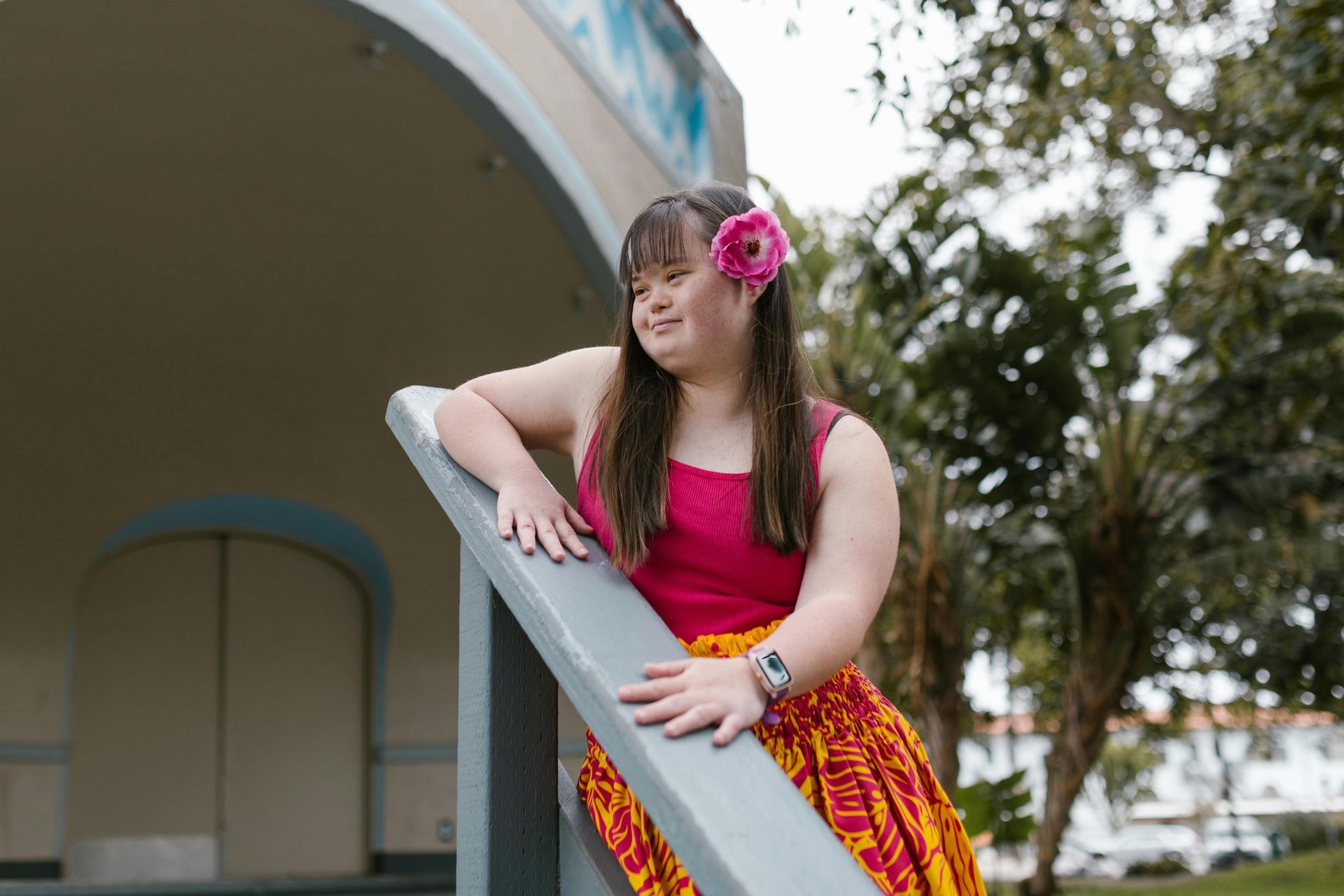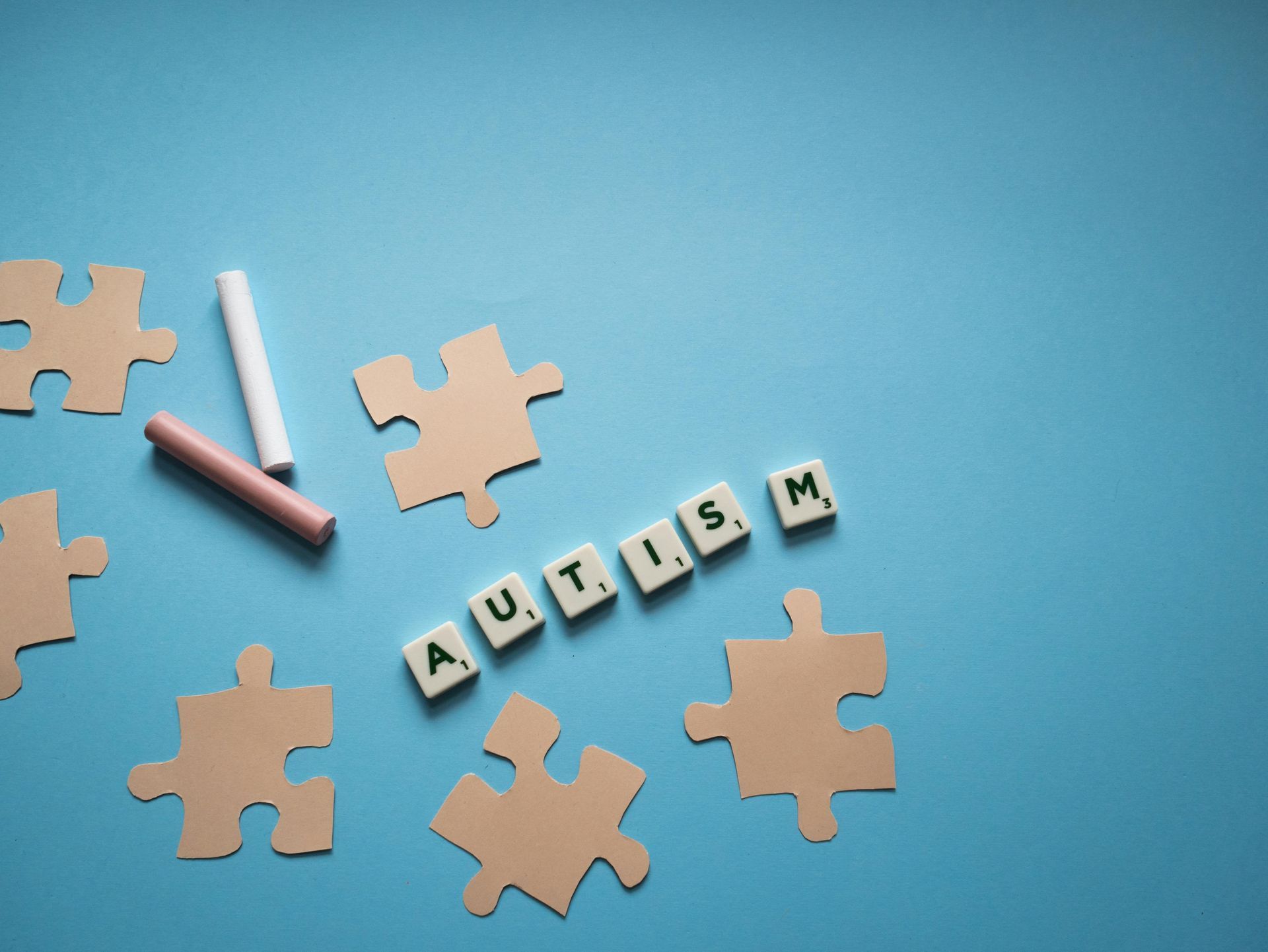Congratulations May 2018 Employee of the month.

Global Hands Inc. Delegating RN. Congratulations to our amazing employee of the month for May 2018!!! We are happy for all you do and commitment.
Allison is a reliable and professional RN, the promptness, and care she provides to our individuals served and those around her are remarkable. She accessible at all times to our individuals served and also to all staff under her delegation and case management and we want you to know that the level of support and clinical care you put into your work does not go unnoticed, we truly appreciate you dearly, and all that you’ve done and continue to do for our individuals served and our team. We are so proud and happy to have you as part of the Global Hands Inc Team.










